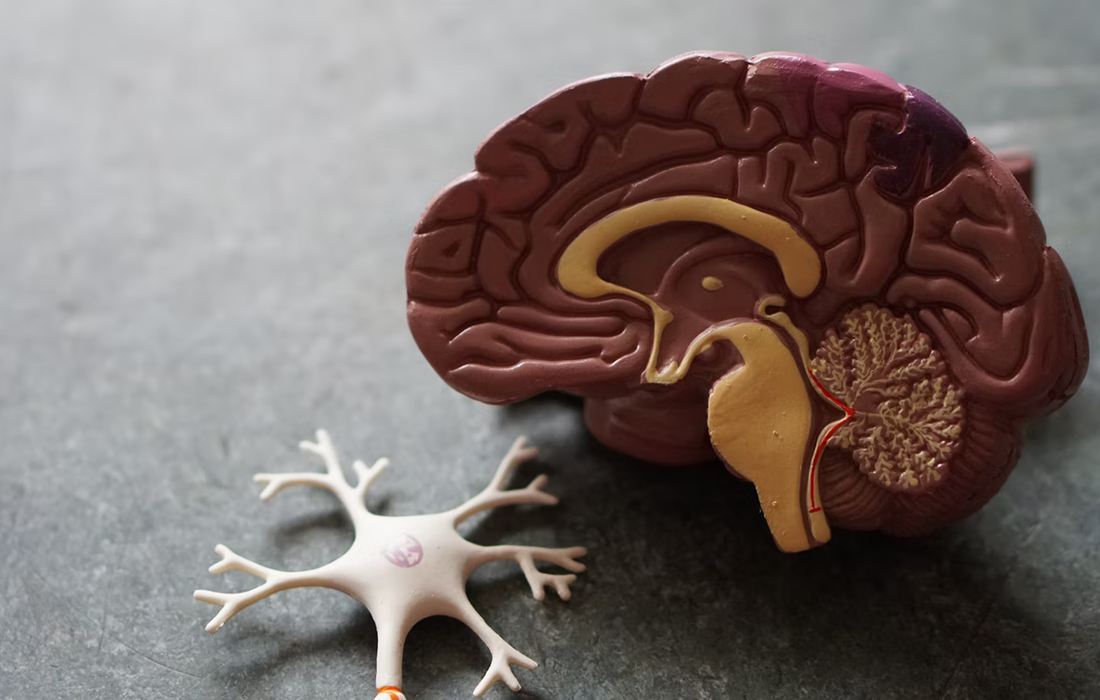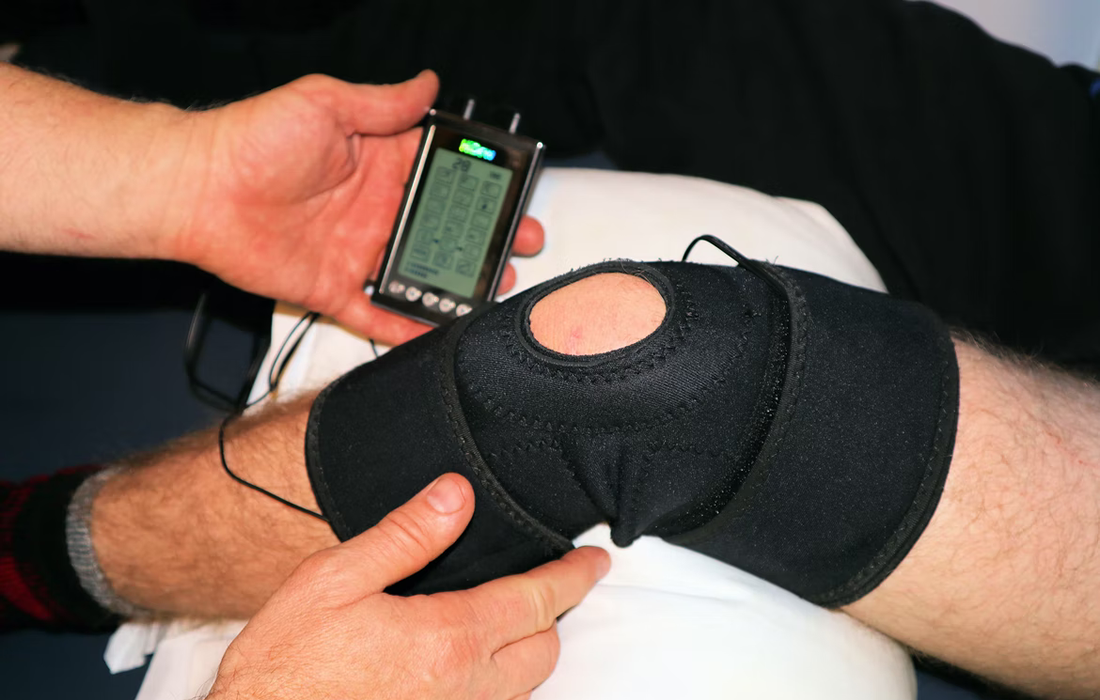In a new study, researchers altered a method by which they reversed the signs of aging in mice, and did so over a longer period of time. They safely reversed various signs of aging in the mice. The results appear in the journal Nature Aging. Currently, 16% of the United States population is 65 years […]
Monthly Archives: March 2022
Acetaminophen, also called N-acetyl para-aminophenol or paracetamol, is one of the most widely used over-the-counter analgesic and antipyretic agents. Although its exact mechanism of action remains unclear, it is historically categorized along with NSAIDs because it inhibits the cyclooxygenase (COX) pathways. Recently different studies have shown that it can have, like any other medication, adverse […]
Health-related quality of life (HRQOL) is a broad concept capturing “an individual’s or group’s perceived physical and mental health over time.” Listening to and making music (eg, by singing or playing instruments) is increasingly advocated, including in a recent World Health Organization report, as a means of improving HRQOL as well as various domains of […]
Numerous avenues of inquiry suggest a relationship between immune dysfunction and psychiatric disorders, including schizophrenia, autism spectrum disorders, and depression. There is robust evidence for increased circulating concentrations of proinflammatory cytokines before the onset of illness. Patients with mental disorders show a range of differences in structural brain measures compared with healthy controls, but the […]
Multiple sclerosis (MS) is an immune-mediated central nervous system disease characterized clinically by neurological deficits with relapsing-remitting and progressive patterns and pathologically by inflammation, demyelination, and loss and damage to neurons. The hygiene hypothesis postulates that certain infectious agentes, including gastrointestinal helminths protect against inflammatory diseases, including MS. These agents induce Treg lymphocytes, which regulate […]
Knee Osteoarthritis Musculoskeletal disorders are the most common cause of severe long-term pain and physical disability affecting hundreds of millions of patients worldwide. Among these diseases osteoarthritis (OA), a chronic degenerative joint disorder involving articular cartilage and many of the surrounding tissues is the most common. OA is estimated to affect 250 million people worldwide […]
Parkinson’s disease (PD) is a progressive neurodegenerative disorder characterized by two hallmarks: loss of dopaminergic neurons in the substantia nigra (SN) of the brain responsible for the motor features and excess accumulation of aggregated α-synuclein (α-syn) protein. There are approximately 1 million people in North America affected by this debilitating disease, and the etiology of […]
Products that are used for skin-lightening and skin “whitening” are available worldwide. In a recent review by the European Environmental Bureau. Mercury in cosmetics is not unheard of because of its ability to suppress melanin production, which gives color to the skin, and lighten hyperpigmentation such as dark spots, freckles and blemishes. However, mercury is […]
Chronic kidney disease (CKD) is a progressive loss of the renal function that affects over 200 million people worldwide, and is associated with increased morbidity and mortality rates. According to the Global Burden of disease study CKD was ranked as the 25th leading cause of death in 1990, but rose to 18th place in 2010. […]
A paralized patient who has Amyotrophic Lateral Sclerosis (ALS) with no voluntary control of his muscles, including his eyes, has regained the ability to communicate in full sentences though a brain implant. Amyotrophic lateral sclerosis (ALS) is a devastating neurodegenerative disorder that leads to the progressive loss of voluntary muscular function of the body. The […]










